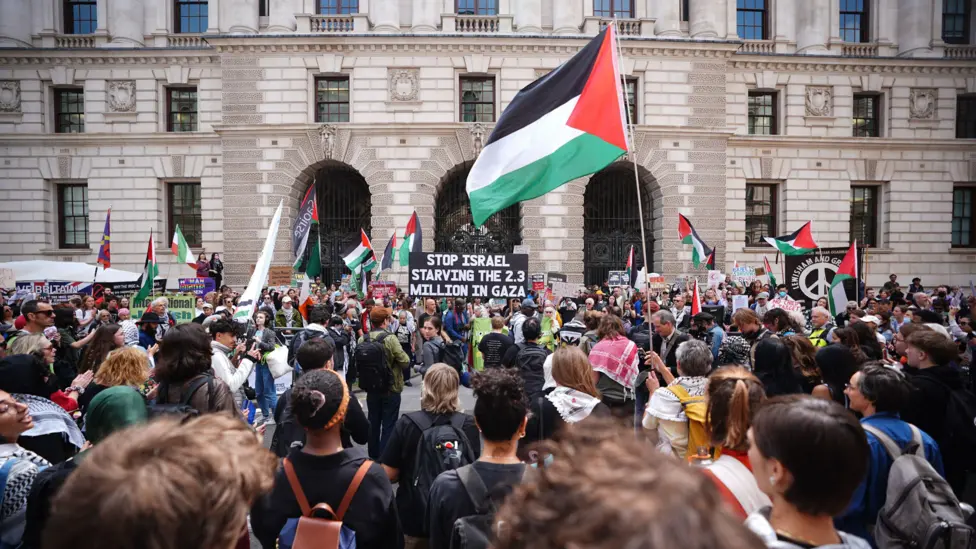The United States’ refusal to grant visas to the Palestinian delegation for the United Nations General Assembly has prompted calls for a key one-day conference on a two-state solution for Palestine and Israel to be relocated from New York to the UN’s European headquarters in Geneva.
The White House has denied entry to Palestinian Authority (PA) president Mahmoud Abbas and 80 other Palestinian officials ahead of the General Assembly session, which opens on Tuesday. There is speculation that, citing anti-terrorism legislation, Washington may also bar diplomats from Brazil, Iran, Sudan and Zimbabwe.
In 1988, the US barred Yasser Arafat, then leader of the Palestinian Liberation Organisation (PLO),from travelling to New York. However, the current move goes further, withholding visas from the entire Palestinian delegation for what is seen as the most significant diplomatic event for Palestine since the Oslo accords. The meeting is expected to see the UK, France, Australia, Canada and others recognise a Palestinian state under certain conditions, a prospect that has angered Israel.
Such a blanket ban is unprecedented in UN history. Danish MEP Per Clausen has urged European nations to propose a temporary transfer of the meeting to Geneva “both to uphold the Palestinians’ right to be represented and to send a clear signal to Trump”.
In a statement issued at the end of August, the US State Department said it was in the country’s national security interests to hold the PLO and PA accountable for failing to meet commitments and for “undermining the prospects for peace”. It insisted both bodies must “consistently repudiate terrorism” and end incitement in education, as required by US law and pledged by the PLO.
The department also called on the PA to halt efforts to bypass negotiations through international legal channels, including appeals to the International Criminal Court and the International Court of Justice, and attempts to secure unilateral recognition of a Palestinian state. It claimed such actions had contributed to Hamas’s refusal to release hostages and to the collapse of Gaza ceasefire talks.
Palestinian ambassador to the UN, Riyad Mansour, confirmed Abbas had been due to lead the delegation and address the General Assembly’s high-level debate on 23 September. Abbas was also scheduled to attend a meeting on 22 September, co-chaired by France and Saudi Arabia, on a two-state solution, during which a group of states is expected to formally recognise Palestine. He was due to outline commitments to peaceful conflict resolution and meet UK prime minister Keir Starmer in London to discuss reforms to Palestinian leadership.
Palestine holds observer status at the UN, allowing it to speak but not vote. Under a 1947 agreement, the US is generally obliged to grant access to foreign diplomats attending UN meetings in New York, though it has previously imposed restrictions, such as limiting the movements of Iranian foreign minister Javad Zarif in 2019. Washington maintains it can deny visas on grounds of security, extremism or foreign policy.
It remains unclear whether any visa restrictions will apply to Brazil’s president, Luiz Inácio Lula da Silva, or members of his delegation. By tradition, Brazil’s leader delivers the opening address at the General Assembly, followed by the US president. Lula has been a target of Trump, who has criticised the prosecution of former Brazilian president Jair Bolsonaro, an ally accused of attempting a coup



